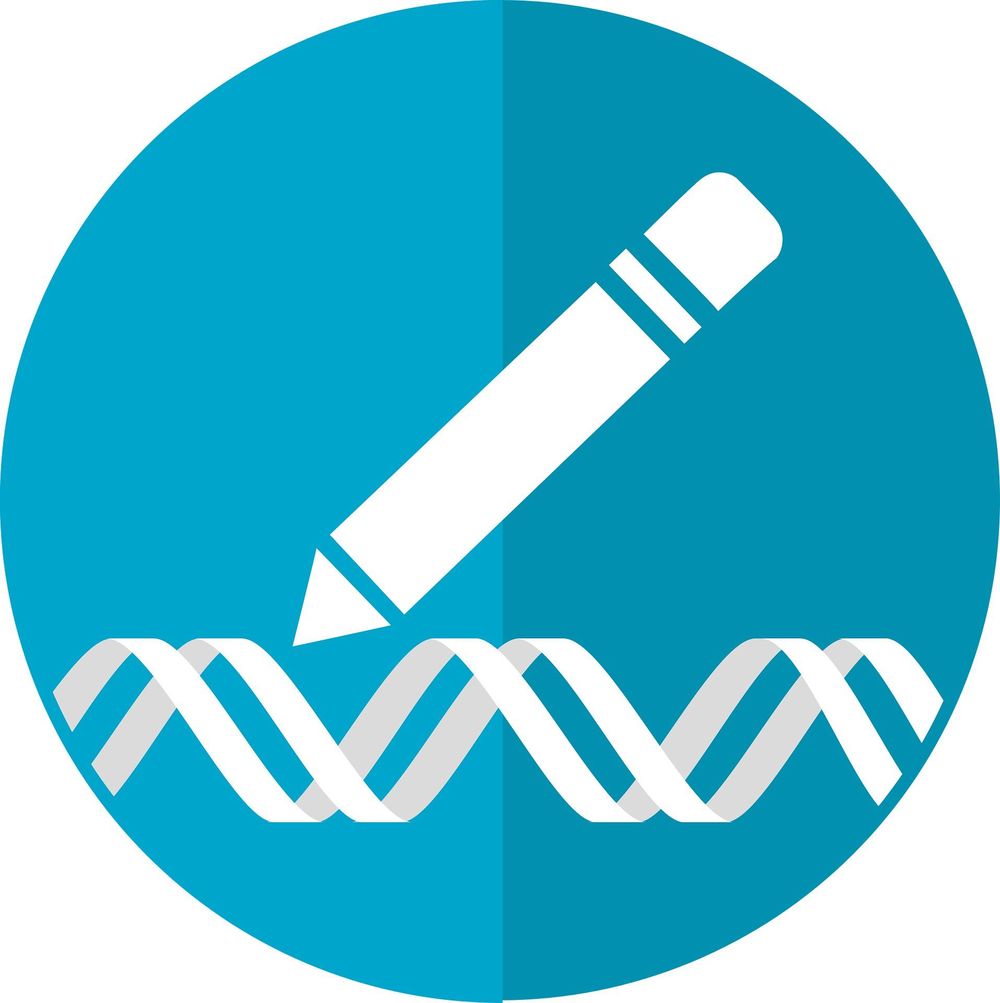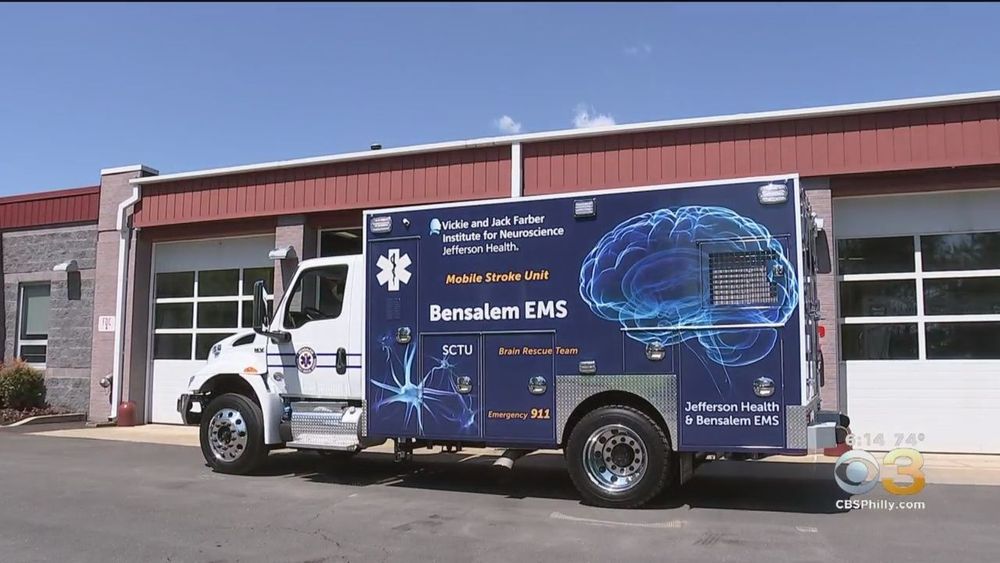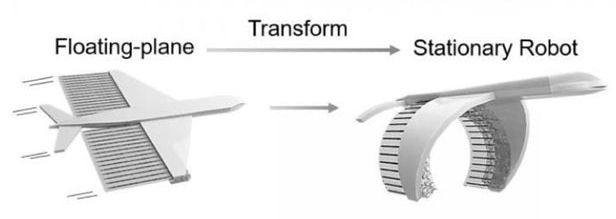In the first large-scale analysis of cancer gene fusions, which result from the merging of two previously separate genes, researchers at the Wellcome Sanger Institute, EMBL-EBI, Open Targets, GSK and their collaborators have used CRISPR to uncover which gene fusions are critical for the growth of cancer cells. The team also identified a new gene fusion that presents a novel drug target for multiple cancers, including brain and ovarian cancers.
The results, published today (16 May) in Nature Communications, give more certainty for the use of specific gene fusions to diagnose and guide the treatment of patients. Researchers suggest existing drugs could be repurposed to treat some people with pancreatic, breast and lung cancers, based on the gene fusions found in their tumours.
Gene fusions, caused by the abnormal joining of two otherwise different genes, play an important role in the development of cancer. They are currently used as diagnostic tools to predict how particular cancer patients will respond to drugs, as well as prognostics, to estimate the outcome for a patient given the best possible care. They are also the targets of some of the latest targeted treatments for cancer.








